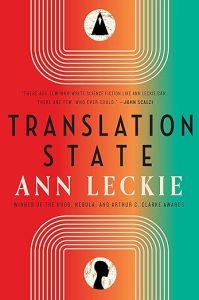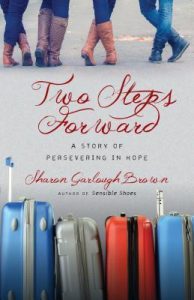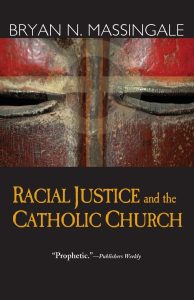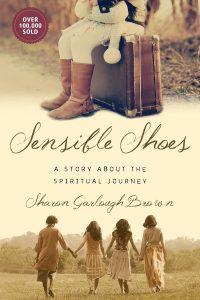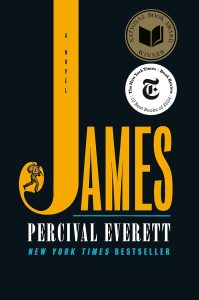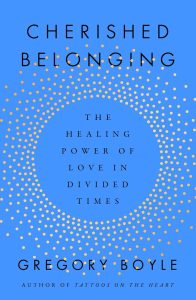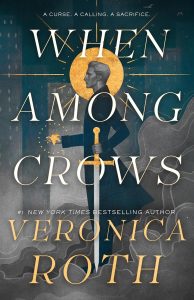 Summary: Urban fantasy about what the role of guilt and repair is for those who have been raised to harm.
Summary: Urban fantasy about what the role of guilt and repair is for those who have been raised to harm.
When Among Crows is the first of Veronica Roth’s books that I have read since the Divergent series. I read the Divergent series soon after they were released in the 2011-13 era. I think I read all of the series at least twice and I saw the movies. But since then, while Roth has written a number of additional books, I just haven’t bothers to pick them up.
I saw When Among Crows was on sale for kindle and I picked it up because it was short and because it was a modern urban fantasy based in Chicago (similar to Desden Files) and it was loosely based on Slavic folktales. I also picked up The Witch and the Tsar at the same time and it will be my next fiction book. Both books use the folktale character of Baba Yaga and I picked them up together to see how different authors handle the retelling of similar stories.
Similar to other urban fantasy, there are more creatures than just humans living in our world, but not everyone can see them. At the start of the book we know that Dymitr is human and on a quest, but the object of that quest is not fully revealed until very close to the end of the book. Along the way, Dymitr seeks out help from various creatures that feed on human fear or pain or sadness.
This is not a young adult book like Percy Jackson or The Carver and the Queen Emma C. Fox or KB Hoyle’s fairytale series, this is more like Dresden Files’ level of violence and dark fantasy themes, but with less humor than Dresden Files. There isn’t any sex, but there are a few kisses between a gay couple and that doesn’t go any further.
This is a bit between a long novella and a short novel at 175 pages. I read it in three brief reading sessions. I was facinated by the main theme of the book, revenge, guilt and atonement. It takes a while to get into who is guilty for what, but all the characters have killed or harmed others. Some have killed or harmed out of self defense. Some have killed or harmed because they were taught to fear others or that others were trying to harm them and so you needed to kill or be killed.
It isn’t fully revealed until later and it would be a spoiler to discuss, but relationship across boundries is the cause of coming to see a different perspective. And once you see a different perspective, your guilt and the role you have in repair of harm does matter.
Urban fantasy does not tend to take a light view of magic. Magic can be well used or badly used, but regardless, there is always a cost. This book continues that general genre trend.
I lived in Chicago for years. This book uses the polish immigrant story to explore how old world fairytale creatures came to the new world. But the city was not as much of a character to the book as I would have hoped. The next book in the series comes out later this year and by advance page count (which can be wrong) the next book is closer to 300 pages, or nearly twice as long. I look forward to picking it up when it is released.
Spoilers ahead, do not read if you do not want to know them.
Read more
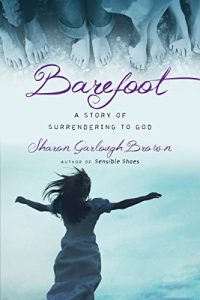 Summary: Third in the series, Barefoot starts immediately after Two Steps Forward.
Summary: Third in the series, Barefoot starts immediately after Two Steps Forward.